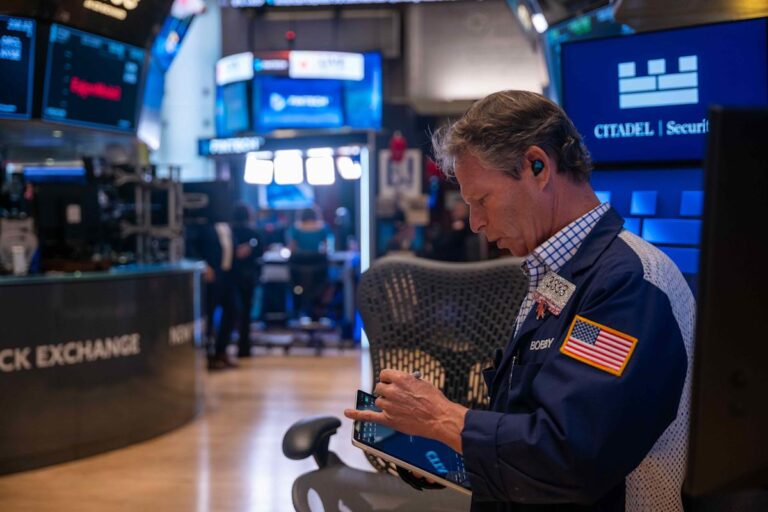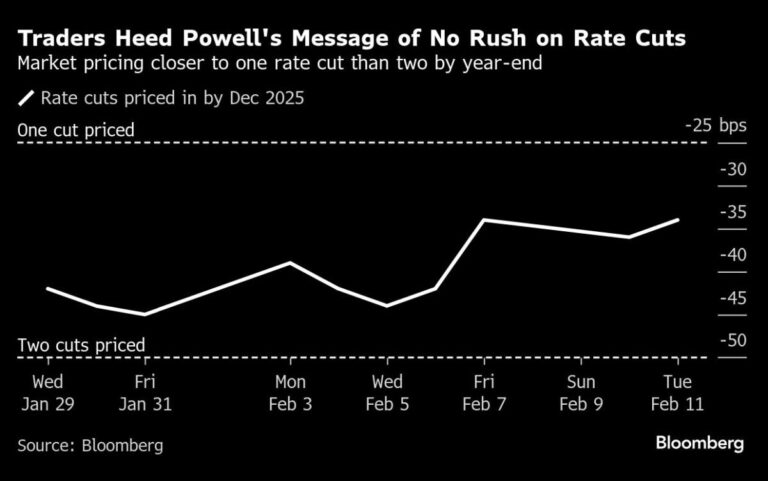
Unlock stock picks and a broker-level newsfeed that powers Wall Street.
CHRISTOPHER RUGABER and ANNE D’INNOCENZIO
Mon, Mar 17, 2025, 5:43 AM 5 min read
WASHINGTON (AP) — U.S. shoppers stepped up their spending just a bit in February after a sharp pullback the previous month, signaling that Americans are shopping more cautiously as concerns about the direction of the economy mount.
Retail sales rose just 0.2% in February, a small rebound after a sharp drop of 1.2% in January, the Commerce Department said Monday. Sales rose at grocery stores, home and garden stores, and online retailers. Sales fell at auto dealers, restaurants, and electronics stores.
The small increase suggests Americans may be growing more wary about spending as the stock market has plunged and President Donald Trump’s tariff threats and government spending cuts have led to widespread uncertainty among consumers and businesses.
Some economists were relieved the numbers weren’t worse. Still, many expect consumer spending will grow just 1% to 1.5% at an annual rate in the first three months of this year, far below the 4.2% gain in the final quarter last year.
“Consumer spending is on track to slow sharply this quarter, but not by as much as we previously feared,” Stephen Brown, an economist at Capital Economics, a consulting firm, said in an email.
On Friday, a measure of consumer sentiment fell sharply for the third straight month and is now down more than 20% since December. Respondents to the University of Michigan’s survey cited policy uncertainty as a leading reason for the gloomier outlook. While the respondents were divided sharply by party — sentiment about the current economy fell among Republican by much less than for Democrats — Republicans’ confidence in the economy’s future dropped 10%.
Consumers from all income levels are feeling more strained.
Hunter Simmons of Austin, Texas, who is a lawyer and journalist, said that the uncertainty around the economy because of the stock market turmoil and tariffs has made him more cautious about spending. He said he used to buy the more expensive farm fresh eggs, but now he’s going for the cheapest eggs he can find. He’s also been buying fewer fresh vegetables and fruits and has turned to frozen versions. And lately Simmons started to pay for gas in cash and is joining fuel rewards programs.
“I am not a big spender in general, but I have been cutting back in small ways,” he said.
A slew of earnings reports over the past few weeks from major retailers including Walmart, Macy’s and Dollar General have cited a slowdown in spending.
Walmart, the nation’s largest retailer and a bellwether for the retail sector, released a weak outlook last month citing uncertainty around tariffs.






